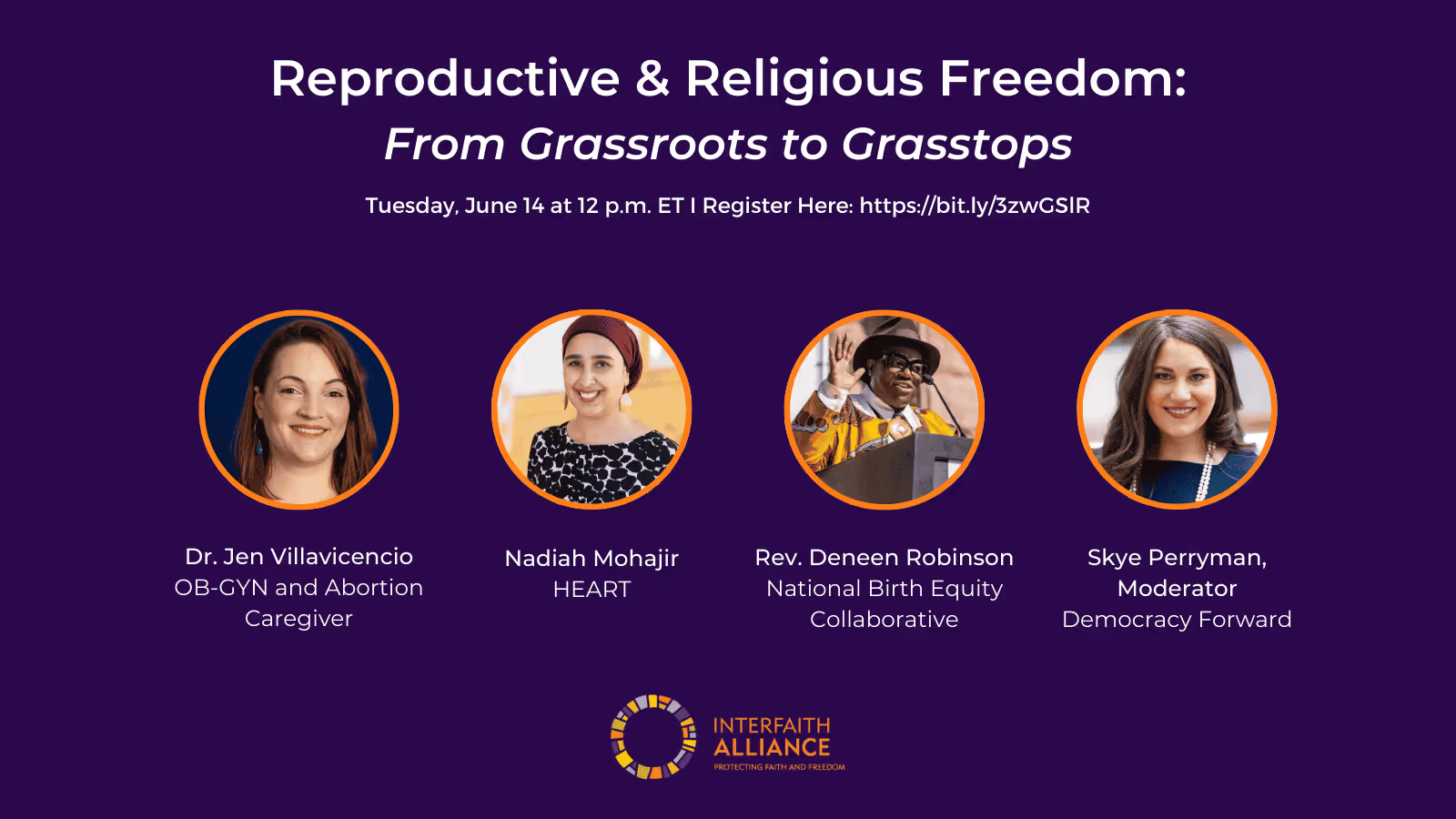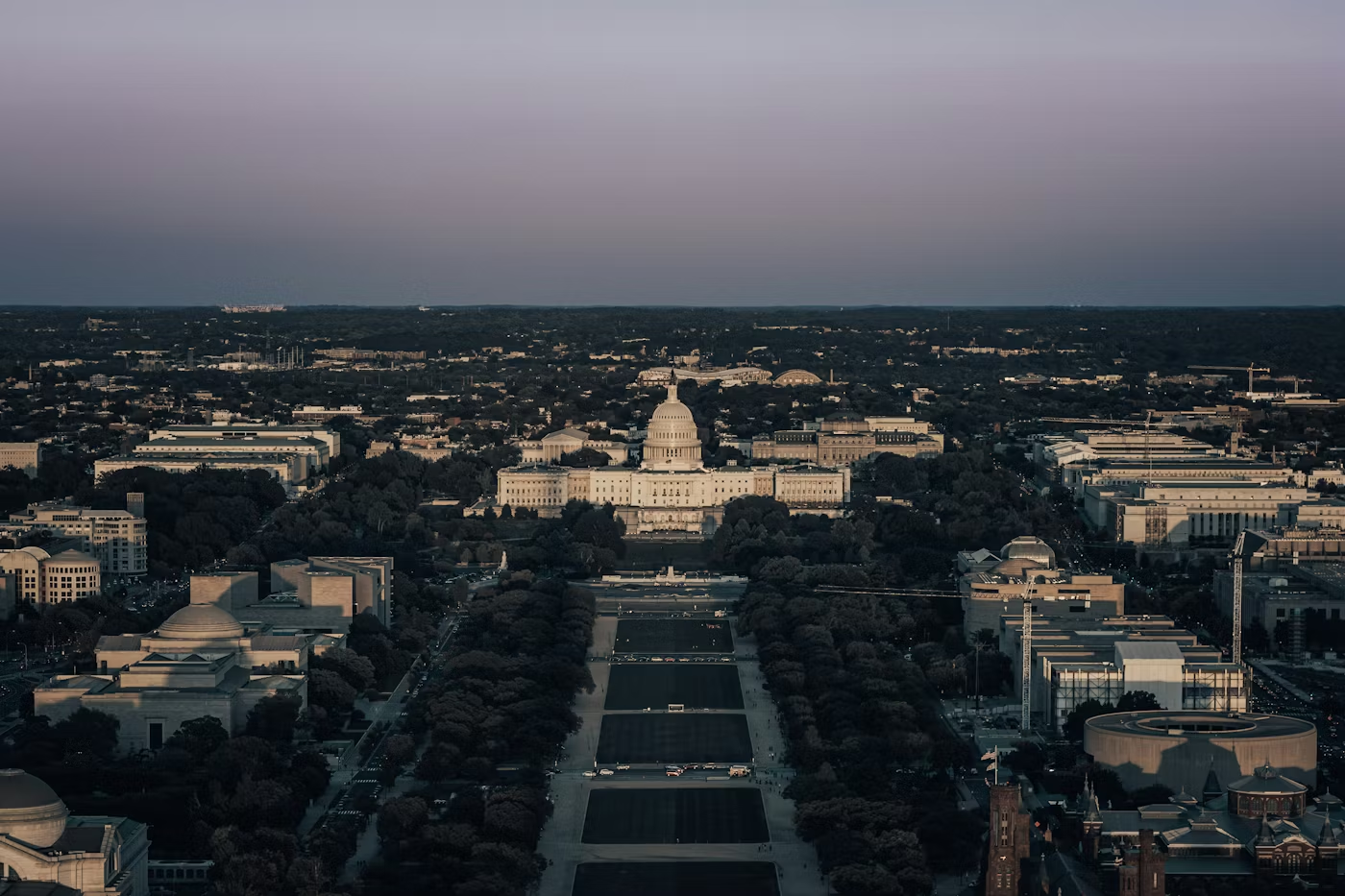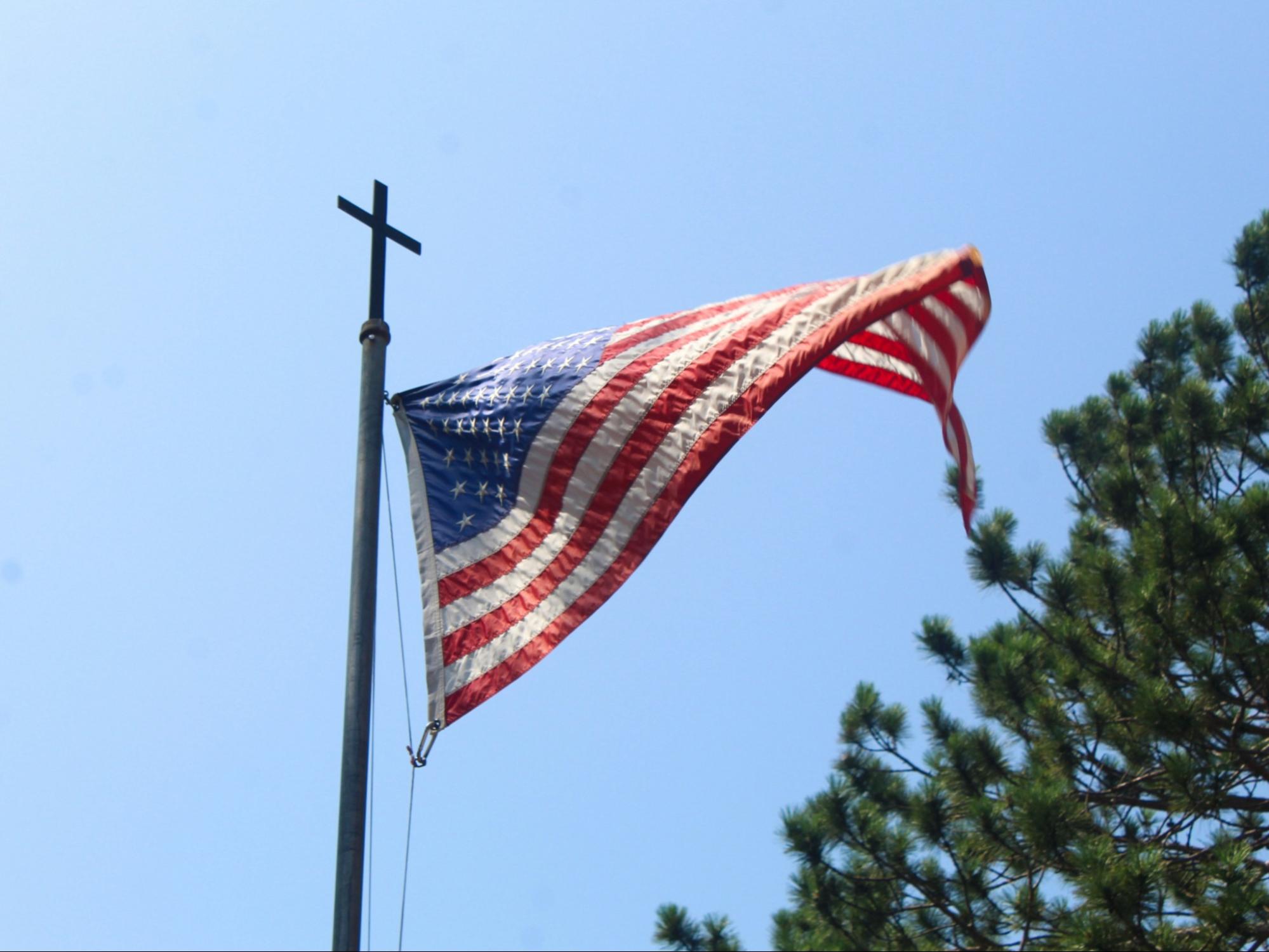
Advocacy
Reproductive and Religious Freedom: From Grassroots to Grasstops
Various faith traditions approach questions of healthcare, including reproductive care, differently. Patients should be free to make decisions based on their own beliefs and circumstances, not the religious views of their doctor or state legislators.
However, Justice Alito's leaked draft opinion in Dobbs v. Jackson Women’s Health Organization has made clear that this Court has no intention of protecting the right to abortion. Now, defenders of religious freedom must look to activists and providers working to increase access to reproductive care in their communities.
On Tuesday, June 14, Interfaith Alliance held a panel discussion with influential faith leaders and advocates on what the interfaith community can do to protect access to reproductive care in their communities as a matter of religious freedom.
Transcript

Interfaith Alliance Calls on DOJ to Prosecute ICE Cruelty
Interfaith Alliance joined over forty civil-rights groups in urging the DOJ’s Civil Rights Division to independently investigate recent federal shootings of civilians by immigration agents, and shortly after DOJ announced a civil-rights probe into the Minneapolis killing of Alex Pretti by federal officers

The Trump Administration’s Latest Attacks on Immigrants Threaten Religious Freedom
A Texas Episcopal priest’s detention by ICE is a concerning development in the midst of the Trump administration's attack on religious freedom. It shows how unchecked enforcement threatens our faith communities and furthers an already eroding public trust.


